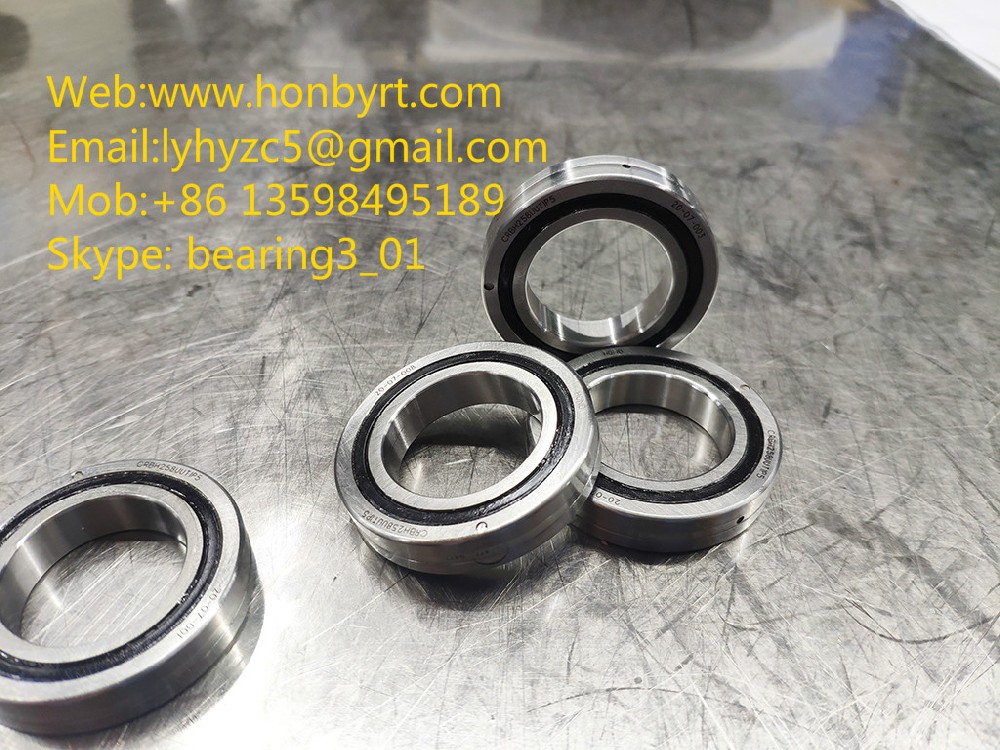As a key component of mechanical equipment, bearings play a role of load bearing and support, ensuring that the equipment runs smoothly and efficiently under various load conditions. Whether in motors or gearboxes, bearings must be able to withstand the radial and axial loads generated during operation. However, when the actual load of the bearing exceeds its design limit, overload occurs. Overload not only causes premature failure of the bearing, but may also cause more serious equipment failures. What is bearing overload? Bearing overload means that the load borne by the bearing during use exceeds its rated load capacity. The rated load is usually the theoretical calculation value of the bearing manufacturer under standard conditions, while improper use in actual work, such as load overload and sudden impact, will cause overload. Overload may occur in the long-term operation of the equipment, or it may occur instantly under sudden impact loads.
Hazards of bearing overload According to material standards such as ISO 281 and ISO 15243, bearing overload will cause the following common hazards to the equipment: 1. Accelerated fatigue damage When the bearing runs under overload conditions, the stress at the contact point between the rolling element and the raceway increases significantly. Long-term overload operation will cause bearing material fatigue, microcracks, and eventually surface peeling or chipping. This fatigue damage is often one of the main causes of bearing failure.
2. Deformation and wear aggravation Overload will cause excessive extrusion of the bearing raceway and rolling element, resulting in plastic deformation. This will not only increase the friction of the bearing, but also aggravate the wear of the rolling surface. As wear increases, the running accuracy and efficiency of the bearing will gradually decrease.
3. Temperature increase When the bearing is overloaded, the heat generated inside the bearing increases due to increased friction. The increase in temperature will not only accelerate the deterioration of the lubricant, but also cause the performance of the bearing material to deteriorate, further increasing the risk of damage.
4. Instantaneous damage from impact loads Sudden impact loads, especially in situations such as starting or emergency braking, can cause the bearing to be subjected to stress exceeding the design limit in a short period of time. This stress accumulation may cause local cracks in the rolling element or raceway, or even cause instantaneous failure of the bearing.


